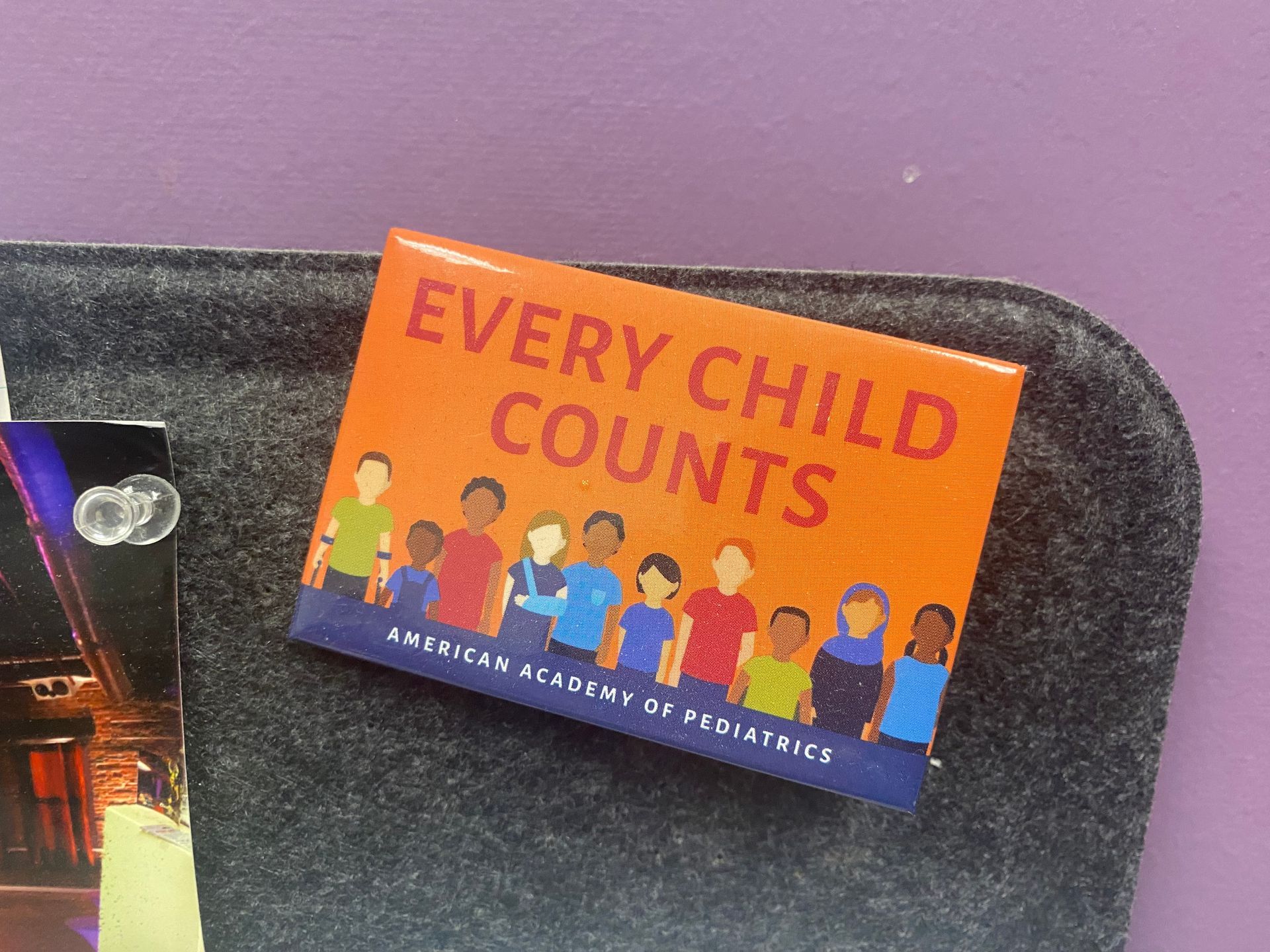Special Needs/Complex Care Management
We Are Here To Support You!
If your child has a disability or a chronic illness, your journey may feel like the road less traveled. You probably have interactions with many different professionals and specialists. You need information, assistance, understanding, and support.
We're Here To Help
If your child has significant medical needs, we will partner with you to help you manage your child's condition. We look forward to getting to know you and your child, and will be your dedicated point of contact through this journey.

Special Needs Kids
Dundalk Pediatric Associates is dedicated to being a medical home for ALL children. Our providers and care team have collaborative relationships with pediatric sub-specialists at the major medical institutions in the area (Johns Hopkins Hospital, University of Maryland Medical System, and Sinai Hospital). We review care plans, goals of treatment and therapies from sub-specialists. When families need extra support, our providers and staff will support families by communicating with sub-specialists and assisting with referrals and follow-up appointments.
Many of our current providers were drawn to Dundalk Pediatrics because of its reputation and commitment to caring for children with special health care needs. Some providers have had diverse experiences of serving kids in the school system, caring for children in foster care, and caring for high-risk newborns in the neonatal intensive care unit. Other providers have had personal and family experiences with asthma, food allergies, feeding problems, mood issues, and ADHD, allowing them to speak first-hand to the challenges of managing those chronic conditions.
Some of the conditions and disorders that our providers see are:
- Premature infants
- Congenital heart disease
- Autism
- Developmental delays
- Chromosomal disorders
- Neurological disorders (epilepsy, cerebral palsy, and chronic headaches)
- Asthma
- Allergies (food and environmental)
- Nutritional disorders (feeding problems, obesity and failure to thrive)
- Endocrine disorders (thyroid disease, puberty disorders)
- ADHD/ADD
- Learning disorders
- Anxiety and depression
- Gynecological disorders (irregular, heavy, and painful menses)
- Sleep disturbances
Helpful Resources
Special Healthcare Needs
Transitioning to Adult Services
